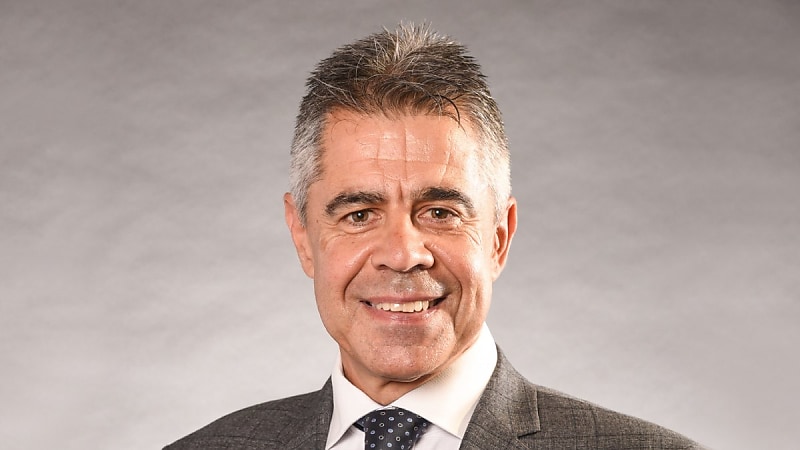Div 296 constitutional challenge can only occur after it is passed: SMSFA
The SMSF Association says it has been briefed on the likelihood of a constitutional challenge to the proposed $3 million super tax.
According to The Australian, a group of superannuants is preparing to mount a legal challenge when the bill is introduced to parliament, potentially as soon as the end of this month when politicians return to Canberra.
The challenge appears to be centred around a clause in the current draft legislation in section 296-60, which allegedly gives the government the power to further modify super tax rules after the original bill is approved by parliament.
A Henry VIII clause in an act of parliament allows for delegated legislation (like regulations) to amend or repeal primary legislation (the act itself).
This means the executive branch can make changes to laws passed by Parliament without requiring further parliamentary approval, which raises concerns about the balance of power between the legislature and the executive.
Peter Burgess, chief executive of the SMSFA, told SMSF Adviser that any constitutional challenge can only occur after the legislation has been passed and is likely to focus on the scope and detail of the regulations, which are not subject to the same parliamentary process.
Opposition Treasury spokesperson, Ted O’Brien, said in The Australian that he would officially ask the Treasurer’s office what constitutional advice was received on the bill’s wording.
He claimed that Treasurer Jim Chalmers is taking a “constitutionally questionable step”.
However, the Treasurer said similar rules have been used by the previous Liberal government and were not unusual.
Section 296-60 of the draft legislation says:
“The regulations may modify sections 296-50 and 296-55 so that superannuation interests are appropriately valued, and the earnings calculated accurately so that individuals are included or excluded from the scope of the Division 296 tax and to ensure the right amount of tax liability is calculated for every type of superannuation interest. Requiring such modifications to be prescribed by regulations provides opportunity to separately consider any necessary modification that may be required for particular interests, including defined benefit interests.”
Scott Hay-Bartlem, partner at Cooper Grace Ward Lawyers, said the clause allows modifications to be made to sections of legislation, and it is not the first time it has been used.
“The SIS Act has a similar clause, for example in relation to in-house asset rules and ungeared unit trusts. The government has used the regulation making power to alter the way exemptions work in super rules in the past,” he said.
“However, s296-60 is a widely drafted clause and does seem to allow the government to make fairly vast amendments to the proposed bill.”


